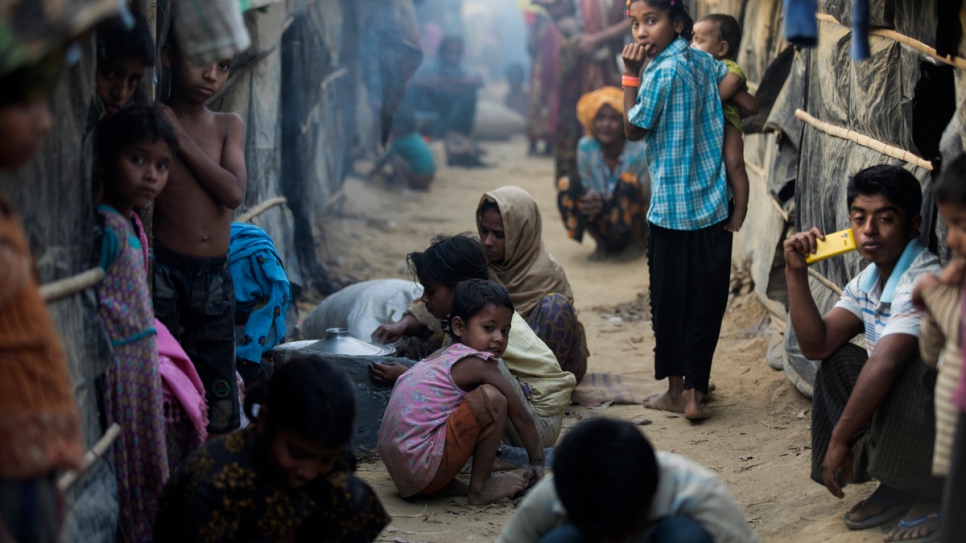News & Updates
WHO calls for a significant scaling up of health services in Cox’s Bazar
20 February 2018

The World Health Organisation (WHO) are calling for an increase in health services to the 1.3 million people in Cox’s Bazar.
Cox’s Bazar, Bangladesh has become home to approximately 688,000 Rohingya refugees from Myanmar since August 2017, joining approximately 212,500 others who had arrived at an earlier date.
The influx of refugees to Bangladesh has been one of the largest population movements in the shortest time span.
Dr Poonam Khetrapal Singh, Regional Director for WHO South-East Asia, commented:
“Commendable efforts have been made by the Government of Bangladesh and partner agencies to provide health services; prevent diseases such as cholera; and rapidly control outbreaks of measles and diphtheria. However, the challenges are huge, multiple and evolving. The magnitude of the crisis requires continued efforts and generous contributions by all partners to scale up health services for the vulnerable population”
The majority of refugees in Cox’s Bazar are living in Kutapalong and Balukhali mega camps. These camps are currently one of the world’s biggest refugee settlements and are one of the most densely populated areas in the world.
This large refugee community had significant health needs. For example, 60 000 children are expected to be born in the camps in the next one year.
In addition to this, a number of non-communicable diseases such as heart disease, diabetes and psychological trauma require treatment.
WHO also notes that the tightly packed settlements and limited water and sanitation facilities produce a heightened risk of rapidly spreading communicable and water borne diseases.
This risk is worsened by the upcoming rainy and monsoon season which poses significant health risks due to the spread of disease such as diarrhoea, hepatitis, malaria, dengue and chikungunya.
Monsoon season also puts the community highly vulnerable to landslides and flooding.
The UNHCR is preparing the settlement for the risk of flooding and landslides during the monsoon season in what they have called ‘a race against time’.
WHO has established an Early Warning and Response System to detect and respond to any outbreaks of disease in Cox’s Bazar to minimise deaths.
The Early Warning and Response System and risk assessments have encouraged vaccination campaigns for cholera, measles, polio and diphtheria. WHO has worked closely with the Ministry of Health to plan, roll out and monitor the vaccination campaigns.
However, despite this there are many challenges and the impending monsoon season poses a new risk as refugees will need to be relocated to protect from flooding and its associated health risks.
If you’d like to stay informed on the latest updates in aid and development, please sign up to the AIDF newsletter.
Image credit: UNHCR